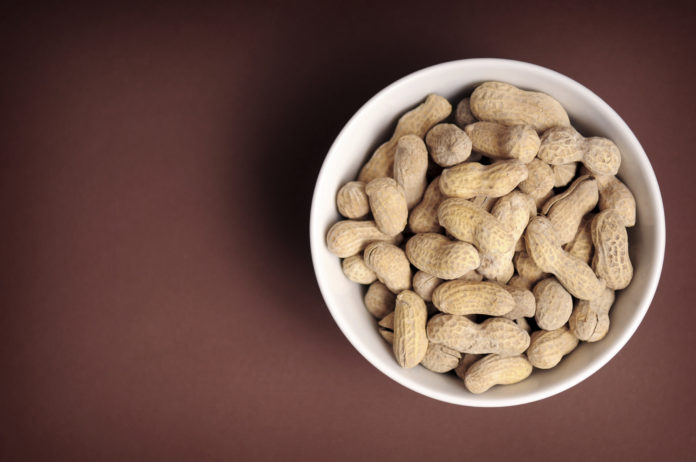
Peanut allergy is one of the commonest allergies; the study raises hopes of a similar vaccine for humans
A new vaccine has shown promise in turning off peanut allergy in mice. Peanut allergy is very common and is known to trigger violent reactions.
Just three monthly doses of a nasal vaccine protected the mice from allergic reactions upon exposure to peanut, according to research from the Mary H. Weiser Food Allergy Center at the University of Michigan. One in three Indians are said to suffer from allergies but there are no authentic figures about incidence of peanut allergies in India.
The study, funded by grants from Food Allergy Research and Education (FARE) and the Department of Defense, was published in the Journal of Allergy and Clinical Immunology. Researchers have spent nearly two decades developing a vaccine agent and have recently translated this work to the development of a vaccine to treat food allergies. In the new study, immunizing peanut allergic mice can redirect how immune cells responded to peanuts in allergic mice. The new approach activates a different type of immune response that prevents allergic symptoms.
The mouse models studied responded to peanut allergies similarly as affected humans, with symptoms that included itchy skin and trouble breathing
“We’re changing the way the immune cells respond upon exposure to allergens. “Importantly, we can do this after allergy is established, which provides for potential therapy of allergies in humans,” says lead author Jessica O’Konek, Ph.D. a research investigator at the food allergy center.
The mouse models studied responded to peanut allergies similarly as affected humans, with symptoms that included itchy skin and trouble breathing. The study assessed protection from allergic reactions two weeks after the final dose of vaccine was administered. Studies to determine duration of protection are ongoing, but researchers are encouraged that this approach will lead to long-lasting suppression of allergies.
The findings are another step toward a potential clinical trial down the road to test the method in humans.












